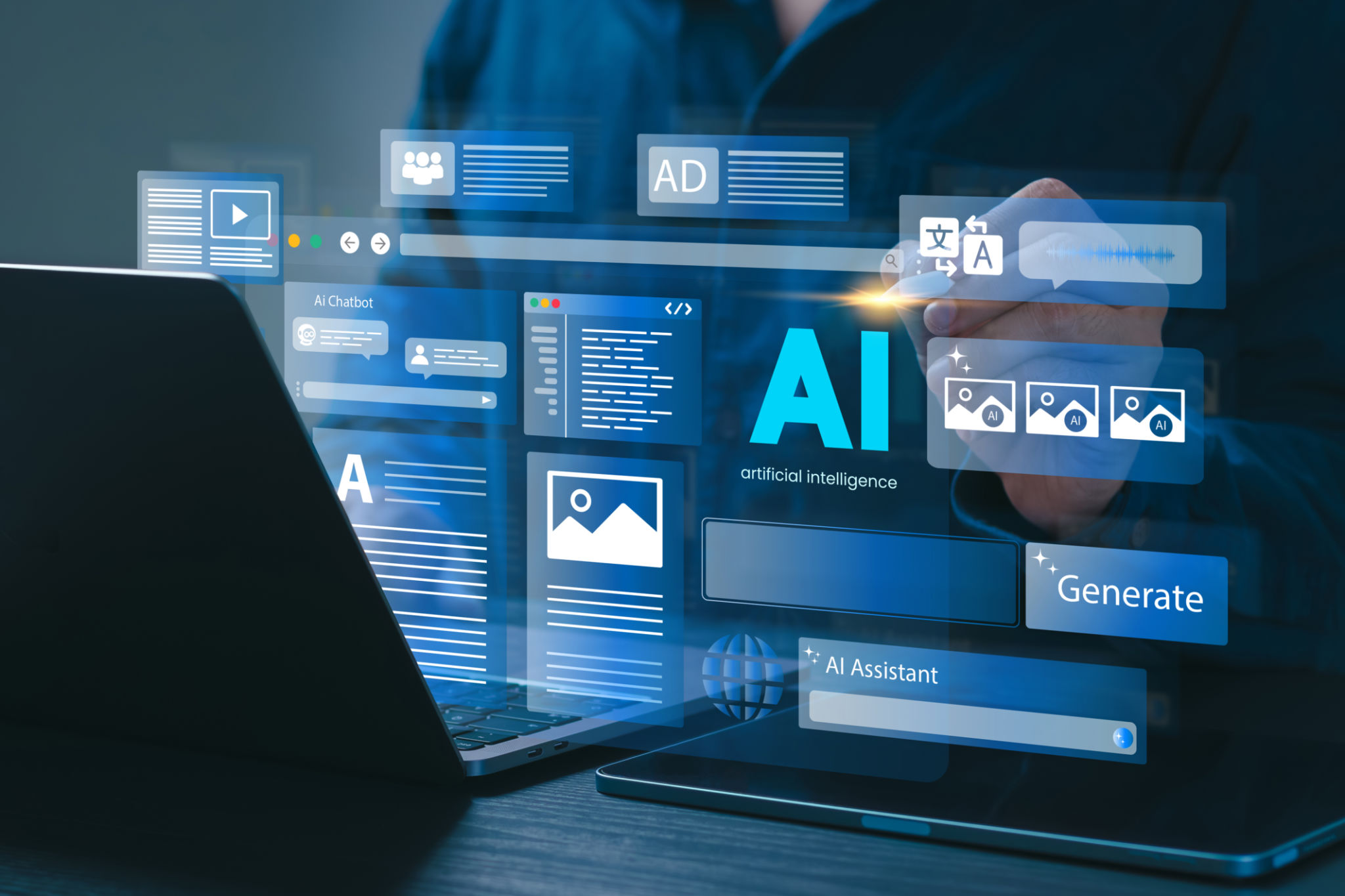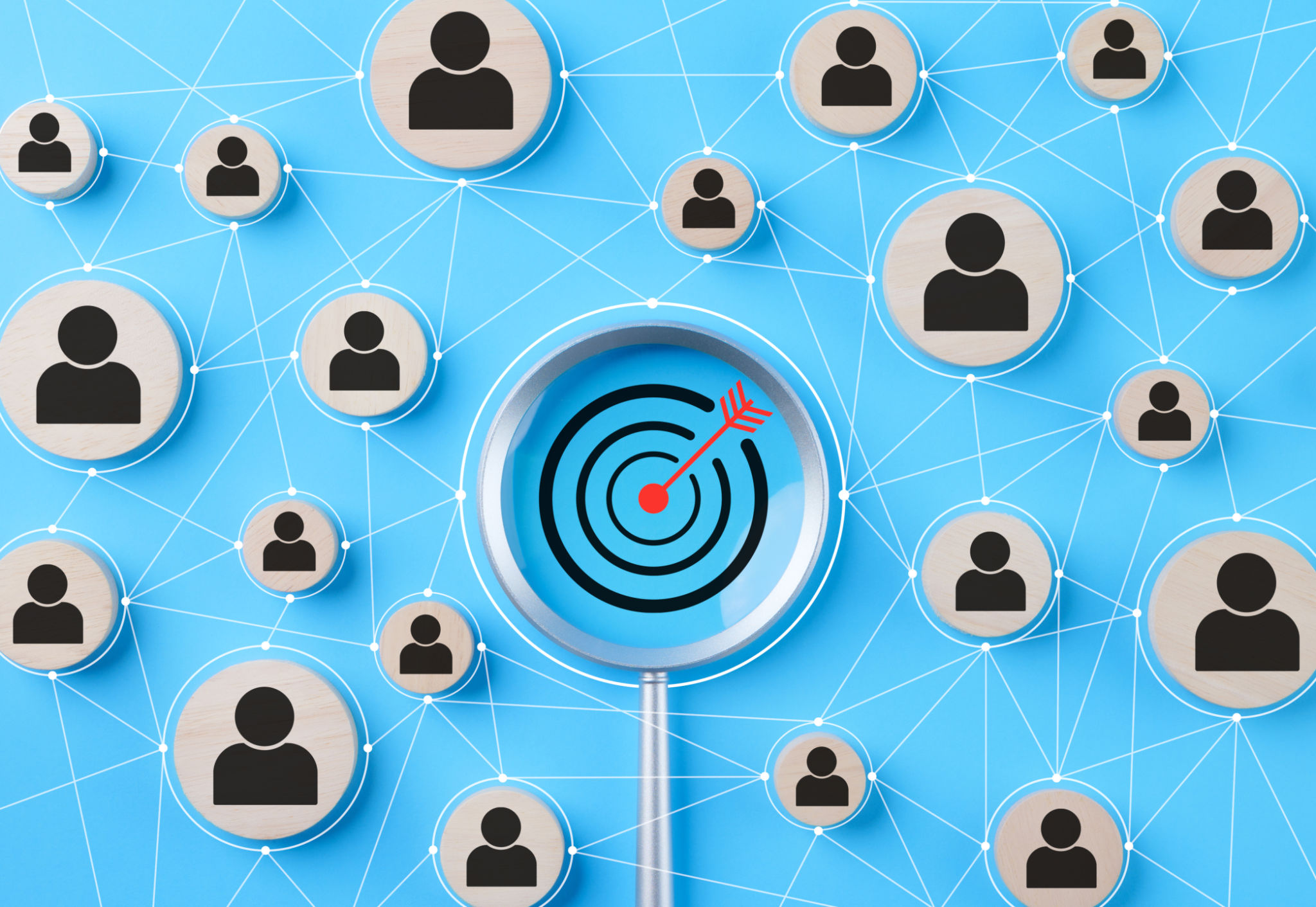Maximizing ROI with AI-Powered Marketing Strategies
Understanding the Basics of AI-Powered Marketing
Artificial Intelligence (AI) is revolutionizing the marketing landscape by offering unprecedented insights and efficiency. By leveraging AI, businesses can analyze vast amounts of data to understand customer behavior, predict trends, and tailor marketing strategies accordingly. This leads to more effective campaigns and a higher return on investment (ROI).
AI-powered marketing strategies involve the integration of AI technologies such as machine learning, natural language processing, and predictive analytics into marketing efforts. These technologies enable businesses to automate processes, personalize customer interactions, and optimize marketing expenditures.

Enhancing Customer Segmentation
One of the key benefits of AI in marketing is its ability to enhance customer segmentation. AI algorithms can analyze consumer data to identify patterns and segment audiences more accurately than traditional methods. This allows marketers to create highly targeted campaigns that resonate with specific groups, thereby increasing engagement and conversion rates.
With AI, marketers can go beyond basic demographic information and consider behavioral data, purchase history, and even social media interactions. This deeper understanding of customer segments helps in crafting personalized messages that address the unique needs and preferences of each segment.
Personalization at Scale
AI empowers marketers to deliver personalization at scale, which was previously unimaginable. By analyzing individual customer data, AI can tailor messages, product recommendations, and offers to each user in real-time. This level of personalization enhances the customer experience and builds brand loyalty.

Improving Campaign Performance with Predictive Analytics
Predictive analytics is a powerful tool in AI-powered marketing strategies. By analyzing historical data, predictive models can forecast future outcomes with high accuracy. This allows marketers to anticipate customer needs, optimize campaign timing, and allocate resources effectively for maximum impact.
For instance, predictive analytics can help determine the best time to launch a campaign or identify which products are likely to become popular. This insight enables businesses to stay ahead of trends and make informed decisions that boost ROI.
Automating Marketing Processes
Automation is another significant advantage of AI in marketing. By automating repetitive tasks such as email campaigns, social media posts, and data analysis, businesses can save time and reduce operational costs. This frees up resources that can be redirected toward strategic planning and creative development.

Measuring Success with Advanced Analytics
AI-powered tools also provide advanced analytics capabilities that help measure the success of marketing campaigns more accurately. By tracking key performance indicators (KPIs) in real-time, marketers can quickly assess what is working and what needs adjustment. This agility allows for continuous optimization and ensures that marketing efforts are aligned with business objectives.
Advanced analytics can also provide insights into customer lifetime value (CLV), helping businesses focus on retaining profitable customers for long-term success.
Future Trends in AI-Powered Marketing
The future of AI in marketing looks promising as technologies continue to evolve. We can expect further advancements in areas such as voice search optimization, augmented reality experiences, and even more sophisticated personalization techniques. Businesses that embrace these innovations will be well-positioned to maximize their ROI and maintain a competitive edge in the marketplace.
In conclusion, AI-powered marketing strategies offer numerous opportunities for businesses to enhance their marketing efforts and achieve higher returns. By leveraging AI technologies, companies can gain deeper customer insights, improve campaign performance, and deliver personalized experiences at scale.
